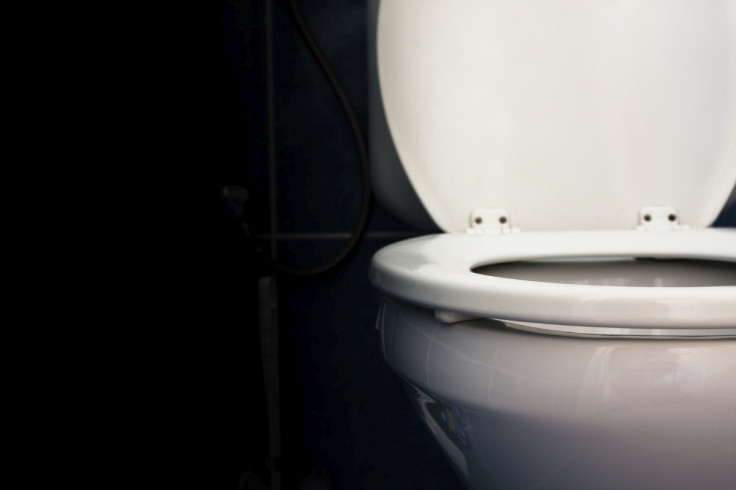Chinese man's rectum falls out of his body after he spent 30 minutes on toilet playing mobile games
The man was suffering from rectal prolapse since he was four years old but did not get the condition treated.

A man from southeast China, who sat on a toilet for more than 30 minutes playing phone games, had to be rushed to the hospital on 4 February at midnight after he suffered a rectal prolapse -- a condition where one's intestines or rectum loses its attachment to the body and becomes visible from outside the body.
The incident happened in Zhongshan, Guangdong Province and the man was being treated at The Sixth Affiliated Hospital of Sun Yat-sen University by Dr Su Dan from the gastrointestinal surgery division, local media reports said.
The man, whose identity was not revealed, was suffering from rectal prolapse since he was four years old but did not get the condition treated.
According to the doctor, the patient's situation was severe and there were bruises and blood spots on the patient's intestinal wall, the Daily Mail reported.
"The patient has had rectal prolapse since he was four years old, but the bulge was able to retract in the past. But he did not have the condition treated, so the situation got worse," Dr Su was quoted as saying.
A computed tomography (CT) scan showed a 16 centimetres (6.3 inches) ball-shaped bulge outside the patient's anus.
According to Dr Su, although the patient had the condition since he was very young, the cause of the prolapse was the long duration spent on the toilet. The doctor said when the patient was trying to defecate, the action could have weakened his muscles in the pelvis, the Daily Mail reported.
After a surgery, the doctors were successfully able to remove the lump from the man and he is said to recovering. Dr Su said the condition usually occurs on children or elderly people and for some children, the condition could be related to innate dysfunction,
Citing the American Society of Colon and Rectal Surgeons (ASCRS) Times now reported that rectal prolapse affects about two out of every 100,000 people. Up to two-thirds of patients with the condition have chronic constipation, the report added.





















